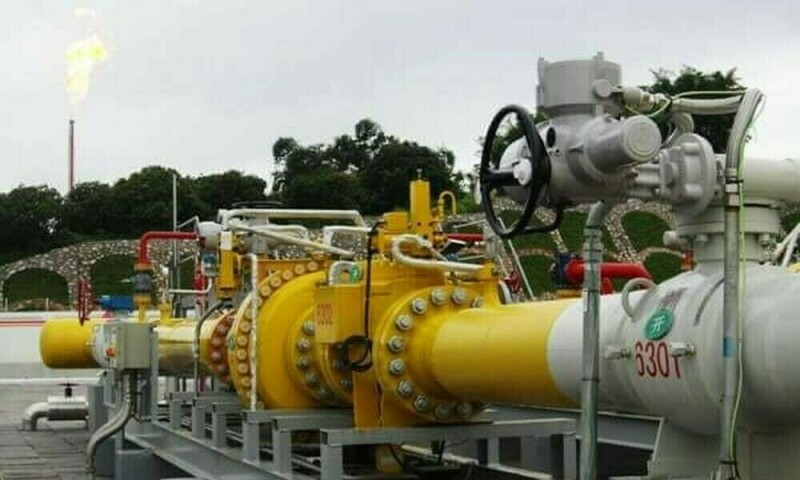Pakistan has transitioned from being a natural gas-deficient country to a surplus one. However, the development has come not because of discoveries, but rather due to skyrocketing prices that have forced industries and households to cut consumption significantly, said prominent industrialist and former Karachi Chamber of Commerce and Industry (KCCI) President Zubair Motiwala.
Speaking to Business Recorder, Motiwala said the sharp drop in gas demand has resulted in a nationwide surplus, with supply outpacing consumption across both Sui Southern Gas Company (SSGC) and Sui Northern Gas Pipelines Limited (SNGPL) networks.
“We didn’t find new reserves. Instead, demand collapsed after gas prices were increased substantially on the recommendation of the International Monetary Fund (IMF),” he said.
The price for industrial consumers has surged to Rs4,200 per mmbtu in recent years, making the fuel unaffordable for many businesses, he said.
IHC suspends levy on consumption of natural gas/RLNG by CPPs
Pakistan’s local gas production currently stands slightly above 3,000 mmcfd (million cubic feet per day), while its long-standing import infrastructure allows for an additional 1,200 mmcfd through liquefied natural gas (LNG) terminals. However, with domestic and industrial demand shrinking, this capacity is being underutilised.
Motiwala revealed that industrial consumption for captive power plants from the SSGC network, which was previously around 200–220 mmcfd, has dropped to just 99 mmcfd.
Moreover, many industrial units have switched to alternative energy sources such as biomass to cut costs.
Sharing an incident, Motiwala said that gas pressure spiked to 15 pounds at one factory in Karachi’s SITE area, damaging its boilers.
“This is an unusual occurrence that underscores the depth of reduced demand,” he added.
Meanwhile, veteran businessman and stockbroker Arif Habib shared that gas availability is no longer an issue —the pricing is.
“The price gap between locally produced natural gas and imported RLNG has narrowed, pushing industrial tariffs to unsustainable levels,” he said.
Motiwala highlighted that the business community has raised these concerns with relevant authorities, including the Oil and Gas Regulatory Authority (OGRA), warning that the trend is pushing industries away from natural gas entirely.
Despite the surplus, gas utilities continue to impose load-shedding, particularly for households.


